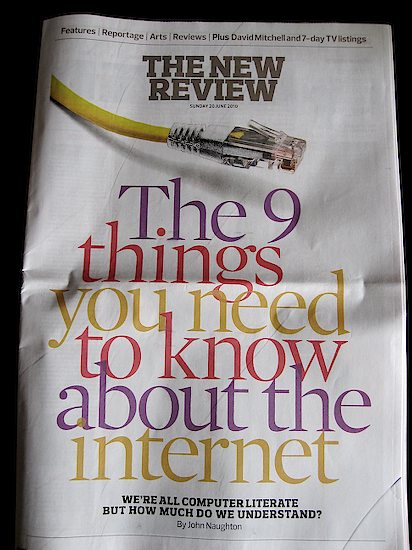This morning’s Observer column.
I’ve just discovered that the ancient Egyptians worshipped a beetle – a scarab. Quaint, isn’t it? I mean to say, we’ve come on such a lot since those primitive times.
But what’s this? A note from my Guardian colleague, Charlie Brooker, about something he calls the Jabscreen. “Several times over the last year,” he writes, “I’ve attended meetings that started with everyone present gently placing their Jabscreen face-down on the table, as though commencing a futuristic game of poker. It wasn’t rehearsed, wasn’t planned, it just happened; a spontaneous modern ceremony.” Charlie was struck by “the sight of a roomful of media types perched reverentially around their shiny twit machines… each time it happened, a vague discomfort would hang in the air until, in a desperate bid to break the tension, someone would mumble a sardonic comment about the sinister ubiquity of the Jabscreen, likening it to Invasion of the Body Snatchers.”


